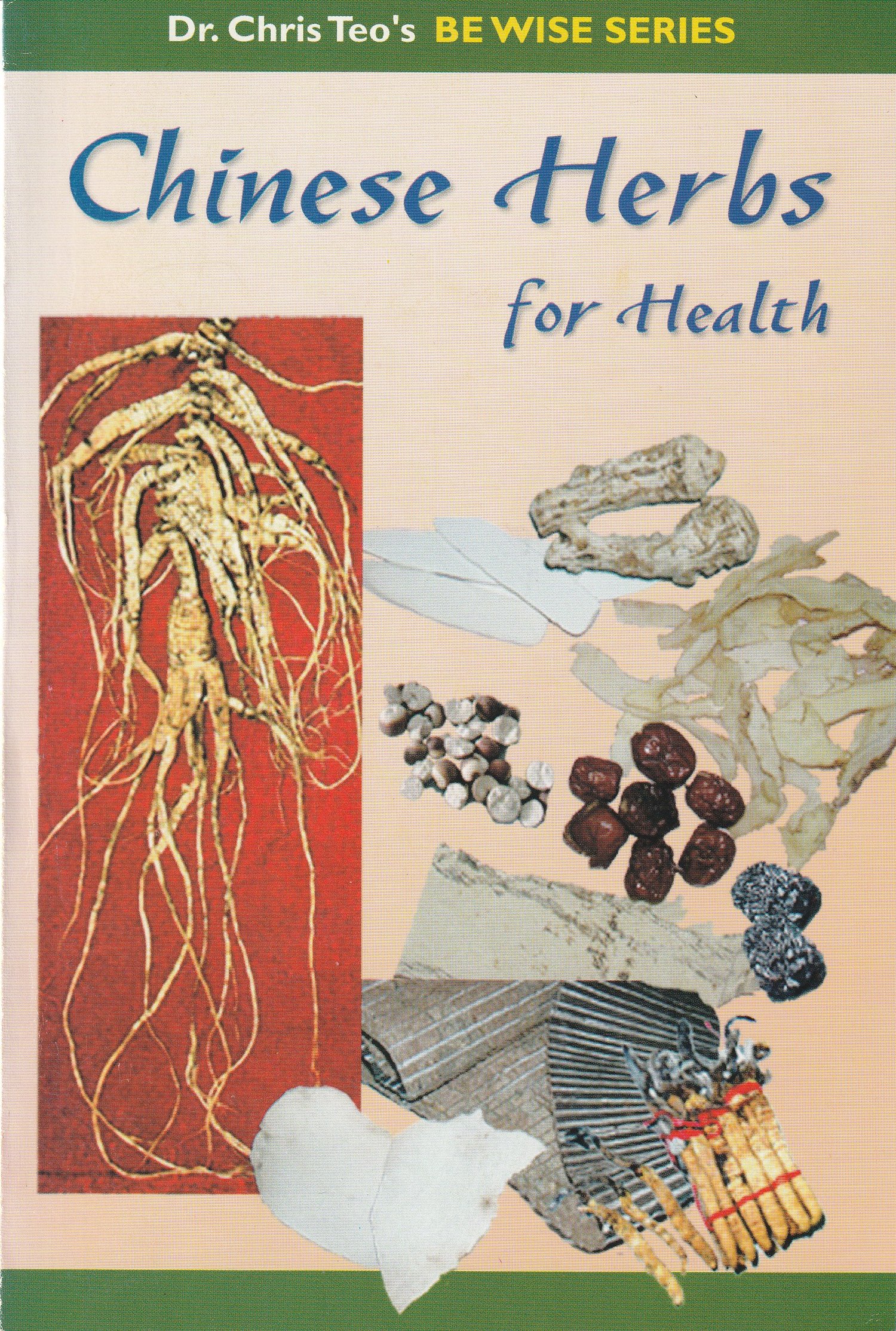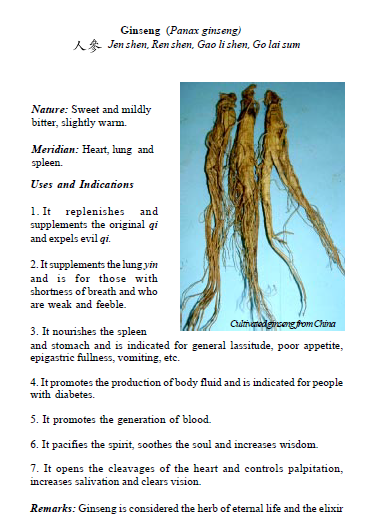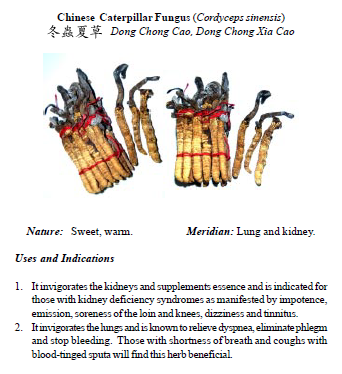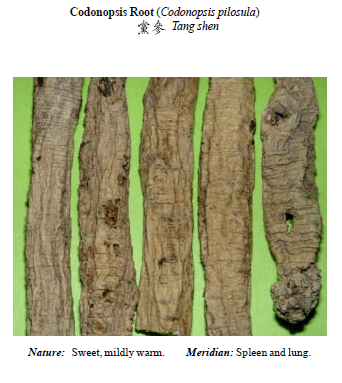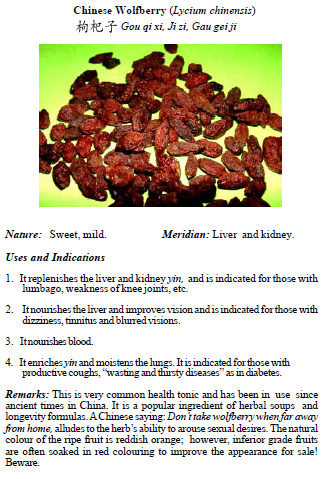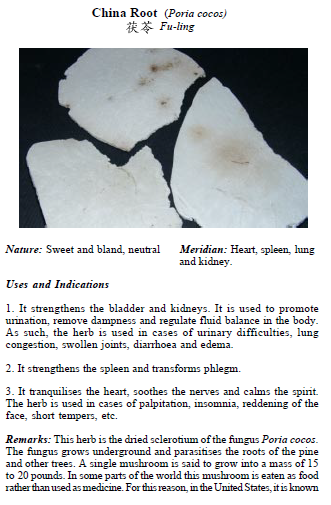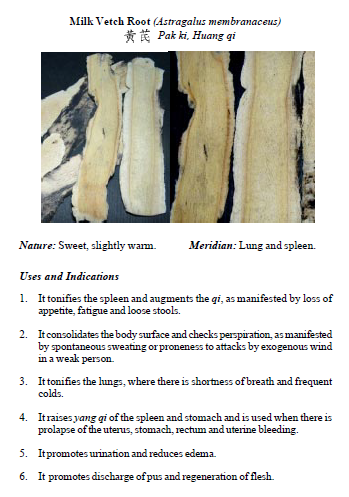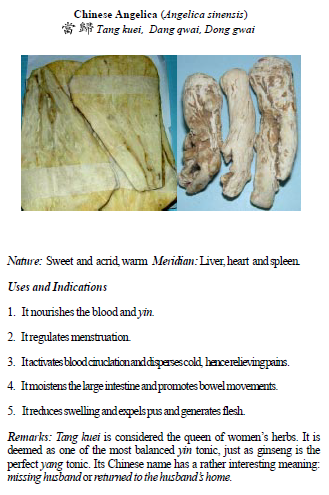Chinese Herbs for Health
About the book
To the ancient Chinese, food and herbs had the same origin and were regarded as similar. They share the same theory and principles with respect to their usage. Food and herbs have attributes such as nature, flavours, energy and movements. These are invisible properties that impart their healing powers.
The ancient Chinese were not so much concerned about the chemical contents of food as the effects of a particular type of food or herb on a person. They had identified a number of herbs that could supplement and tonify qi, blood, yin and yang. The wise men used them to help maintain their health. To them, taking herbs as food was either to treat diseases or to build up health and prevent diseases in healthy people.
In this booklet, I feature twenty herbs commonly used for cultivating and nurturing health.
About the author
Chris K. H. Teo. Ph.D. was a former Professor of Botany. In May 1995, he and his wife Beng Im started CA Care. Our mission is to help the hopeless and helpless cancer patients find their healing. When you are told that you have no hope, we believe that there is still hope.
To know more click these links:
https://cancercaremalaysia.com/ (English)
https://cancercareindonesia.com/ (Bahasa Indonesia)
Therefore, as we have opportunity, let us do good to all people. Gal. 6:10
Let your light so shine before men, that they may see your good works, and glorify your Father in heaven. Matthew 5:16
This is a PDF file (0.41 MB)
Preview
Some 5,000 years ago, ancient Chinese have said that food and herbs have their own unique natural properties. They have taste such as sweet, sour, pungent, salty and bitter; and they have a cool, cold, warm, hot or neutral nature. Besides that, food and herbs have their affinities to certain organs in the body. When consumed, their energies are directed to these organs. Such an idea is alien to the western-educated mind. When we first started studying herbal medicine, being western-educated, we also
thought that these Chinese medicine men we rather peculiar coming up with such ideas. It is not to be, for they turned out wiser than many so-called scientists of today.
Zhang Zhonging, the physician of the 2nd-3rd century wrote:
- Flavours of foodstuff may exert active effect on health recovery or exert negative effect on health. Proper application of them will be beneficial, improper application, harmful.
Indeed, this concept goes against what many of us are told or are taught today: My doctor said I can eat anything I like. Food has nothing to do with my health or my ability to recover from my illness!
Thirteen hundred years ago, Sun Si-Miao said:
- Food can expel pathogenic factors from the human body, regulate the functions of the five viscera, please the senses, nourish the blood and invigorate qi ... Those who are ignorant about food cannot survive.
The Nei Jing laid down some basic concepts about food consumption. What, when and how we eat, determine our health. Further, it says that:
- Only diet comprising all the five flavours can keep the bones straight, the sinews supple, the qi and blood flowing, the pores closed, the function of the five viscera coordinated and balanced harmoniously.
Besides the flavours, we also need to balance food of both hot and cold natures. Too much of hot food impairs the original qi and body fluid or yin, while too much cold injures the spleen and stomach qi and damages the digestive ability.
To the Chinese taking food and treating disease with medicine share the same principle. The Chinese, since ancient days, have identified a number of herbs that can supplement and tonify qi, blood, yin and yang. The wise use them to help maintain their health.
To the Chinese taking herbs as food is either to treat diseases or to build up health and prevent diseases in healthy people. In this booklet, we discuss some of the commonly used herbs that are good for health.
The wise are not learned, the learned are not wise.
Lao-tzu

